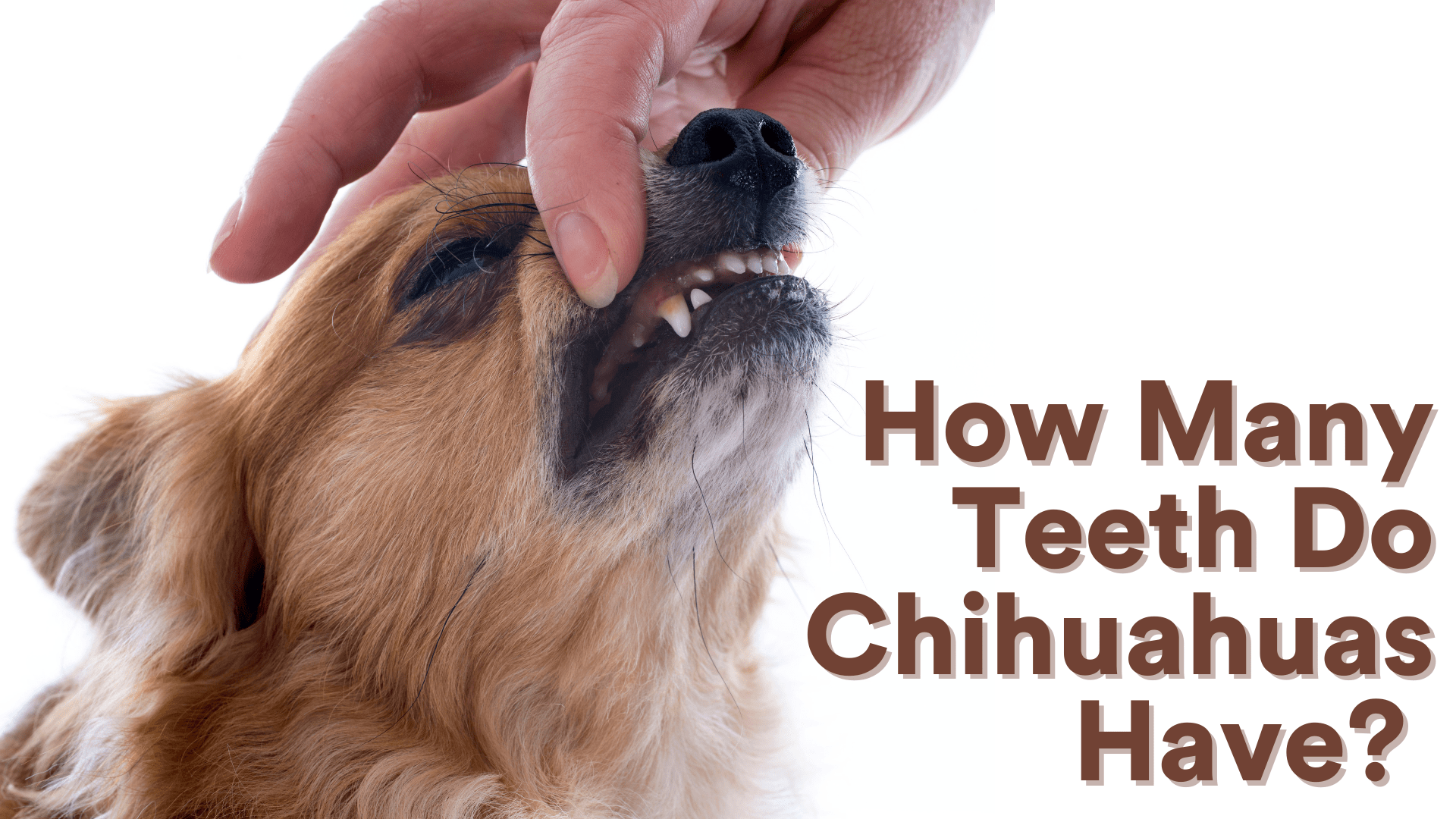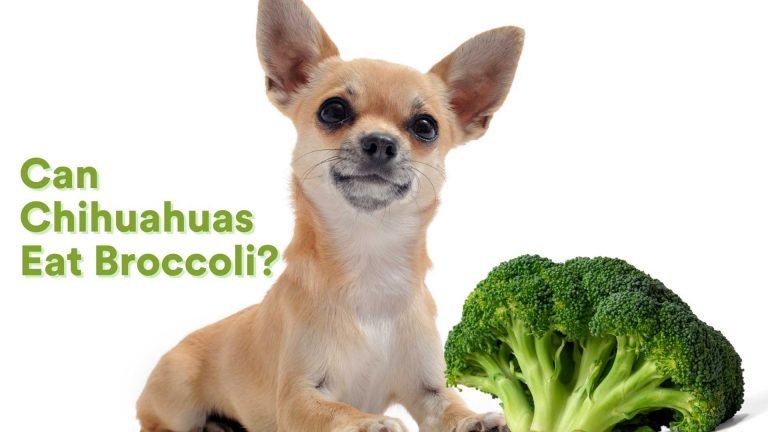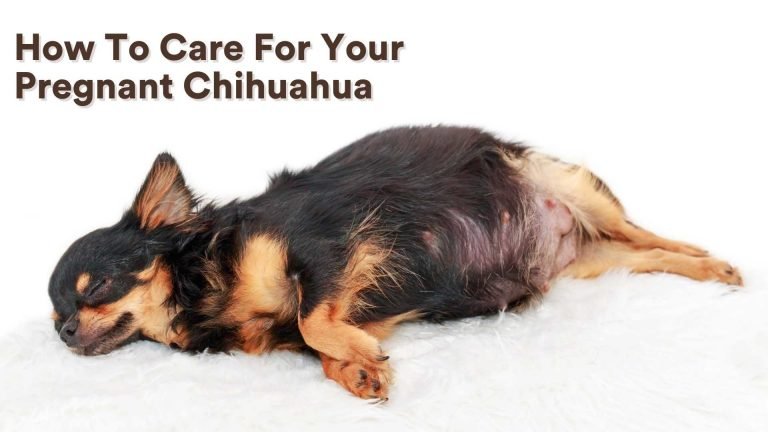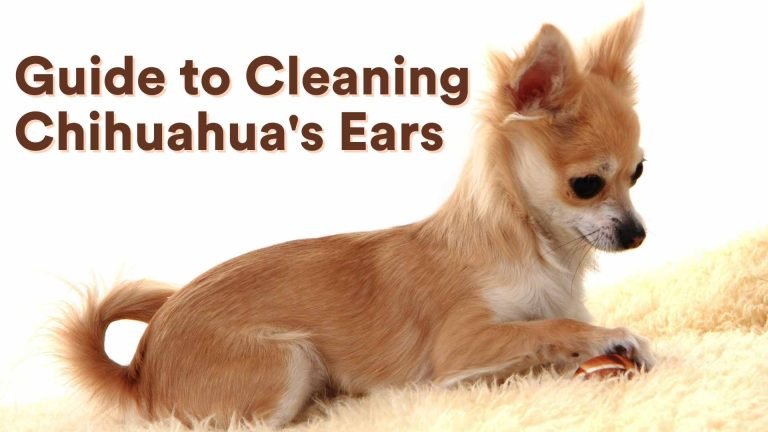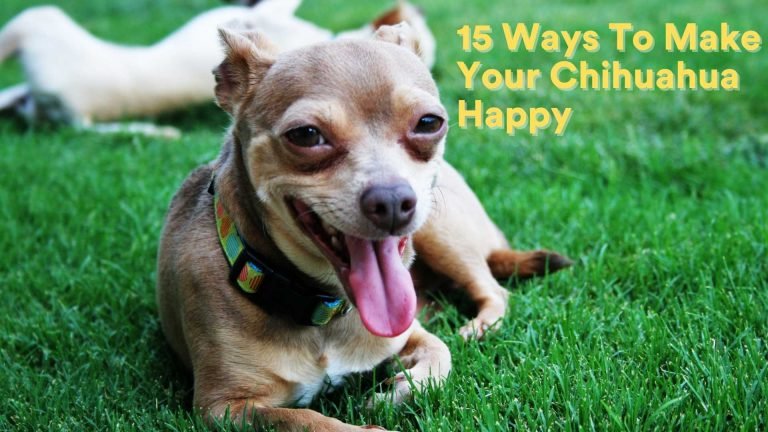How Many Teeth Do Chihuahuas Have? [Dental Care]
It’s always fun to learn new things about our favorite pet. Chihuahuas are known for their big ears, little legs, and tiny stature making them the perfect lap dogs! But do you know how many teeth they have? Read this blog post to find out more about your favorite furry friend!
Chihuahua puppies, just like any other dog breed out there have 28 baby teeth that are replaced with 42 permanent secondary ones when they’re around 8 months old. These dogs also have 20 on top and 22 on the bottom which is made up of 12 incisors, 4 canines, 16 premolars, and 10 molars.
In this blog post, we will discuss how many teeth chihuahuas have, their common dental problems and how to properly take care of their teeth.
Chihuahua: The Basics
Chihuahuas are the smallest breed of dog. This breed is known for being very small in size but having a large personality when it comes to people!
The American Kennel Club states that Chihuahuas are affectionate, intelligent, and alert. With this being said, they are playful dogs that need proper socialization to be around other pets or children in order to properly behave.
Keep reading to learn more about how you can take care of your Chihuahua’s teeth!
Chihuahua Teeth Chart
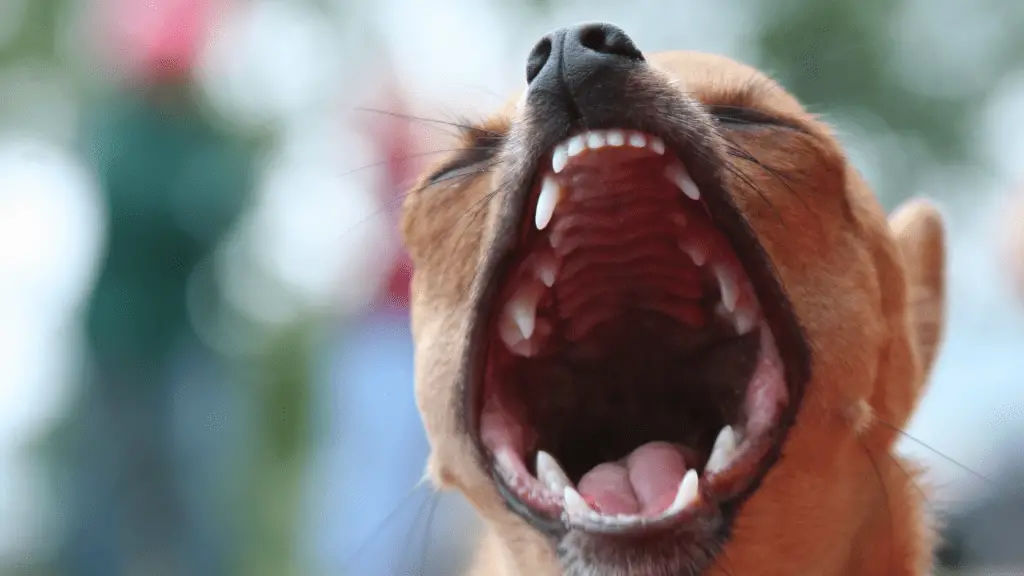
The best way to tell what type of dental problems your chihuahua may have is by looking at their teeth. This includes knowing how many teeth they should have and observing any irregularities or abnormalities that appear when it comes to their smile.
Here’s a Chihuahua teeth chart that you can use:
A healthy adult chihuahua should have 20 teeth on the top and 22 on the bottom composed of 12 incisors, 4 canines, 16 premolars, and 10 molars.
Incisor Teeth: The chihuahua’s front teeth. They’re used for cutting and can be found on the top and bottom of the mouth.
Canines: Also known as fangs, these pointed teeth are located in between the incisors and premolars. These are used to tear and chew food instead of simply cutting it like with the incisors.
Premolar Teeth: The premolars are located behind the canines and in front of the molars. Premolars are generally flat teeth that function to cut food with side-to-side movements instead of up and down like with the canines.
Molar Teeth: The last set of teeth found at the back of a Chihuahua’s mouth. Molars are used to grind food into small pieces with a side-to-side motion instead of up and down like premolars.
Common Dental Problems Of Chihuahuas
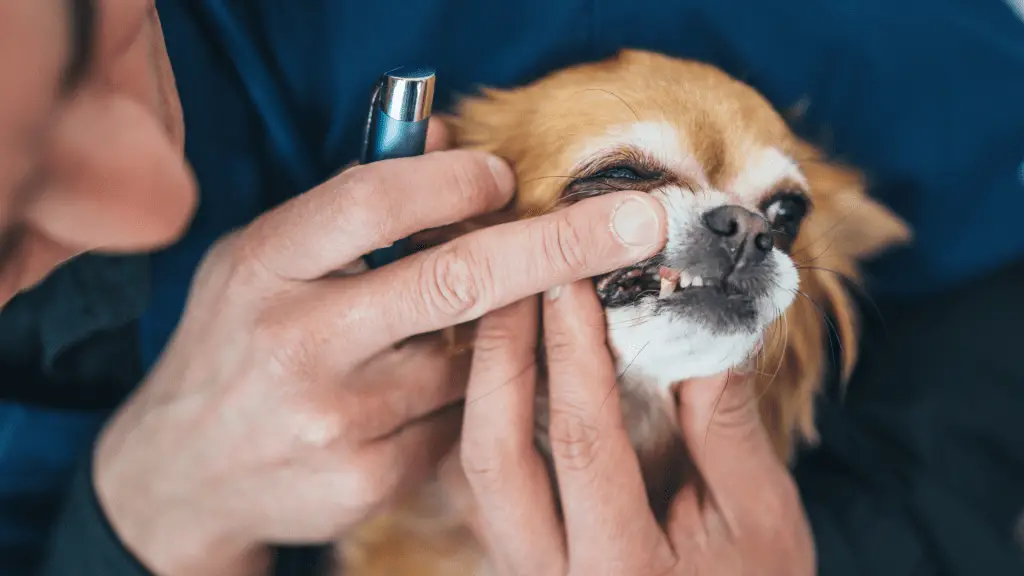
Here are some common dental issues to look out for when it comes to your chihuahua’s smile!
Plaque Build-Up and Tartar Build-Up: Plaque and tartar buildup is probably the most common dental problem found in Chihuahuas. Plaque is a sticky substance that will appear on your pet’s teeth when they’re exposed to carbohydrates. When not taken care of, plaque can turn into tartar which is more difficult to remove. This can lead to all sorts of health problems for your chihuahua!
Periodontitis: Periodontitis isn’t as common to chihuahuas, but it can still develop over time if tartar and plaque aren’t removed.
Periodontal Disease: This is the severe version of periodontitis. If chihuahuas with periodontal disease aren’t treated, their gums will begin to recede and teeth can fall out. Moreover, their risk of getting other diseases increases, just like humans with bad teeth.
Bad Breath: Bad breath is simply that foul-smelling breath. It’s a result of many problems found in an animal’s mouth, such as tartar and plaque buildup, bad oral hygiene, periodontitis, and even tooth decay!
Cavities: Cavities are the result of tooth decay which causes holes in your Chihuahua’s enamel if not taken care of. The tooth is still intact, but an unpleasant smell can emit when your pet licks its lips.
Gingivitis: Gingivitis is the inflammation of your Chihuahua’s gums. This can be caused by many factors including plaque buildup, tartar, genetics, and more. If left untreated, chihuahuas with severe gingivitis may need to get their teeth cleaned which involves anesthesia.
Gum Disease: Gum disease occurs when your pet’s gums are infected by bacteria. Similar to Gingivitis, gum disease can be caused by plaque and tartar buildup along with genetics. This is a more severe form of dental health problem that could lead to tooth loss!
Exposure of the roots: This occurs once a tooth has been damaged and begins to grow in an abnormal direction. This will cause your Chihuahua’s tooth to become loose and fall out.
Tooth Loss: Tooth loss can be caused by all the previously listed dental problems. Periodontal disease may lead to the adult tooth falling out while tooth decay can cause cavities. This can cause the affected tooth to fall out or need extraction by a veterinarian, leaving your chihuahua to look for their lost teeth.
To avoid this, make sure to brush your Chihuahua’s teeth and visit a veterinarian for check-ups and professional cleaning as needed!
Proper Dental Care for Chihuahuas
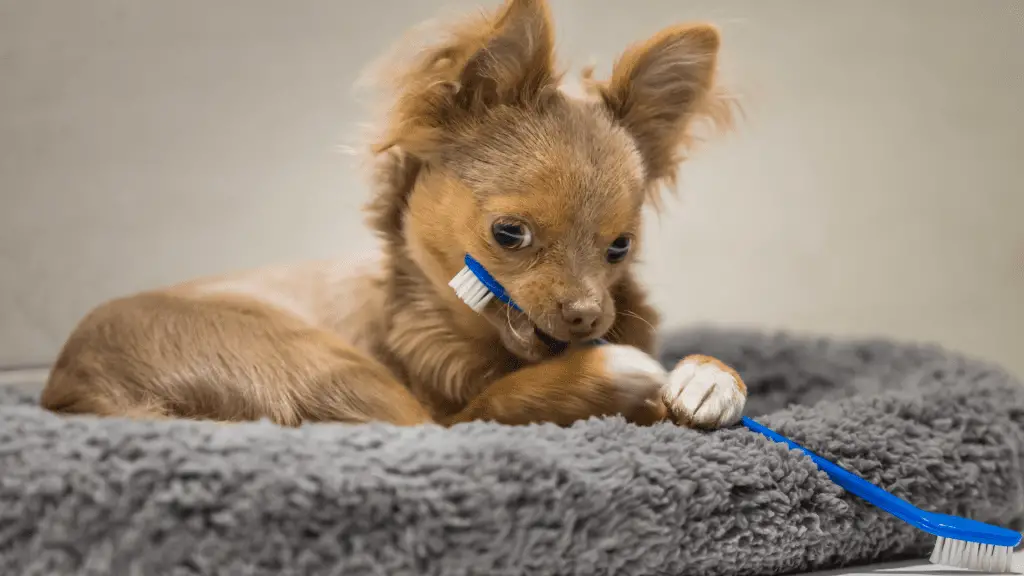
Now that you know the symptoms of tooth problems, here are some steps to care for your Chihuahua’s teeth:
Brush Their Teeth: The best way to clean your chihuahua’s teeth is by daily brushing of teeth! You can purchase a human toothbrush and use peanut butter or natural marrow as the paste. This will also help prevent plaque and tartar buildup!
Provide Dental Chews: When purchasing dental chews for your chihuahua, ensure it’s under 15 pounds. Make sure to monitor how much they’re eating as well as who the chew is made from. Rawhide chews or edible chews such as bully sticks or cow hooves are a great way to clean their teeth while providing entertainment at the same time!
Get Them Their Own Toothbrush: You can purchase toothbrushes made specifically for dogs in your local pet store. This will help you keep track of when your chihuahua’s been brushing their teeth by seeing if any bristles are broken. If they are, it means they’re not brushing and you need to improve their dental hygiene regimen.
Get Them Their Own Toothpaste: Similar to the toothbrush, you can purchase dog-appropriate toothpaste in your local pet store. Make sure it’s safe for dogs as some human toothpaste contains fluoride which is poisonous to animals!
Remedy for Tooth Decay: If you notice your Chihuahua has tooth decay, mix 1/8 of a teaspoon of salt with 1 cup of water. Then, brush the affected area using the mixture approximately three times a week for several weeks until it clears up!
Visit the Vet: If your chihuahua isn’t responding well to home treatment and is still showing symptoms of tooth deterioration, make sure to visit a veterinarian. They can help you treat any existing problems as well as prevent future issues!
Conclusion
Right now, we know that Chihuahuas have 20 baby teeth and 42 permanent ones. When they lose their baby teeth, chihuahuas will have 42 permanent ones. Adult Chihuahuas typically live between 12-20 years so if you take good care of your pet’s teeth, chances are they’ll be healthy for most of their lives!
Dental health is very important for any living being, including your chihuahua! Chihuahuas require proper dental hygiene due to their mouths being so small which causes issues such as tooth loss and gum disease. Bad breath is also a common problem when dental health is neglected.
There are many symptoms of tooth problems in chihuahuas including redness, swollen gums, broken teeth, bleeding gums, bad breath, or excessive drooling. Chihuahuas suffer from the same oral health problems as other breeds, which is why proper dental care is important.
To avoid these nasty symptoms, make sure to brush your chihuahua’s teeth and visit a veterinarian for check-ups and professional cleaning as needed! If you do this, your Chihuahua will be able to live a full and healthy life with clean teeth and gums!How Many Teeth Do Chihuahuas Have?

